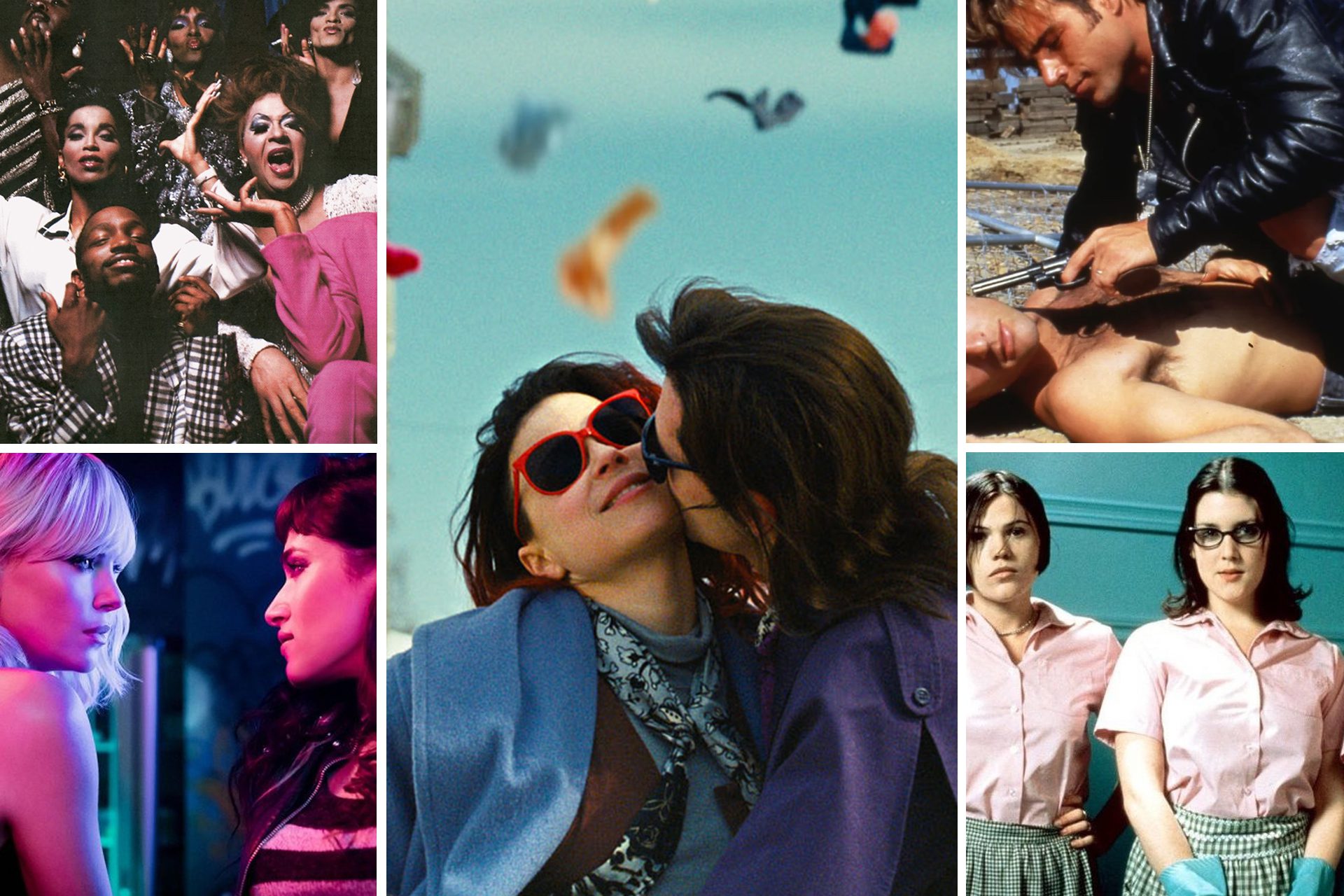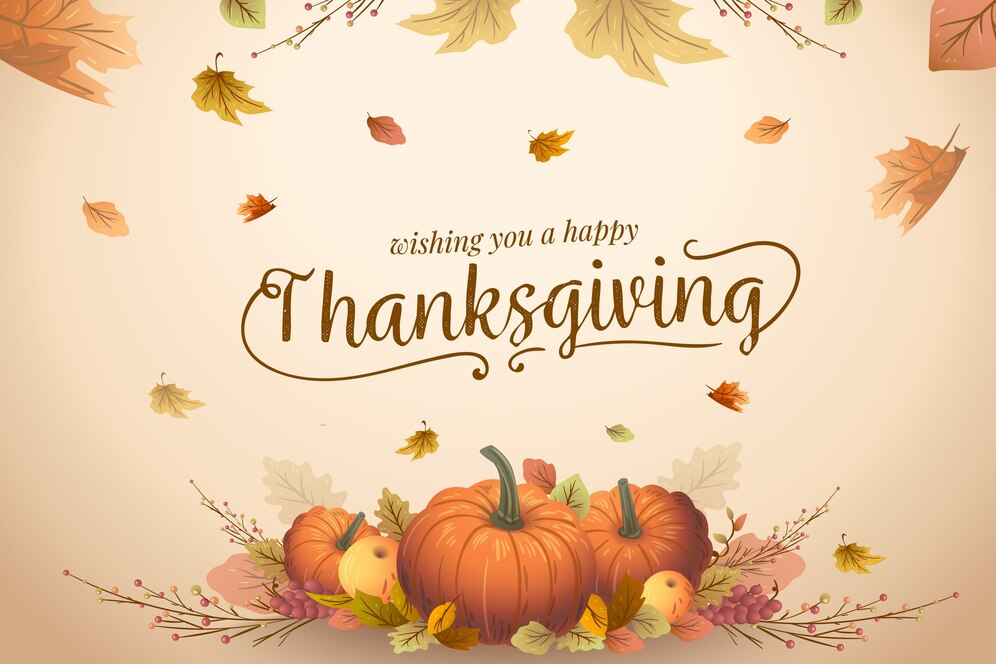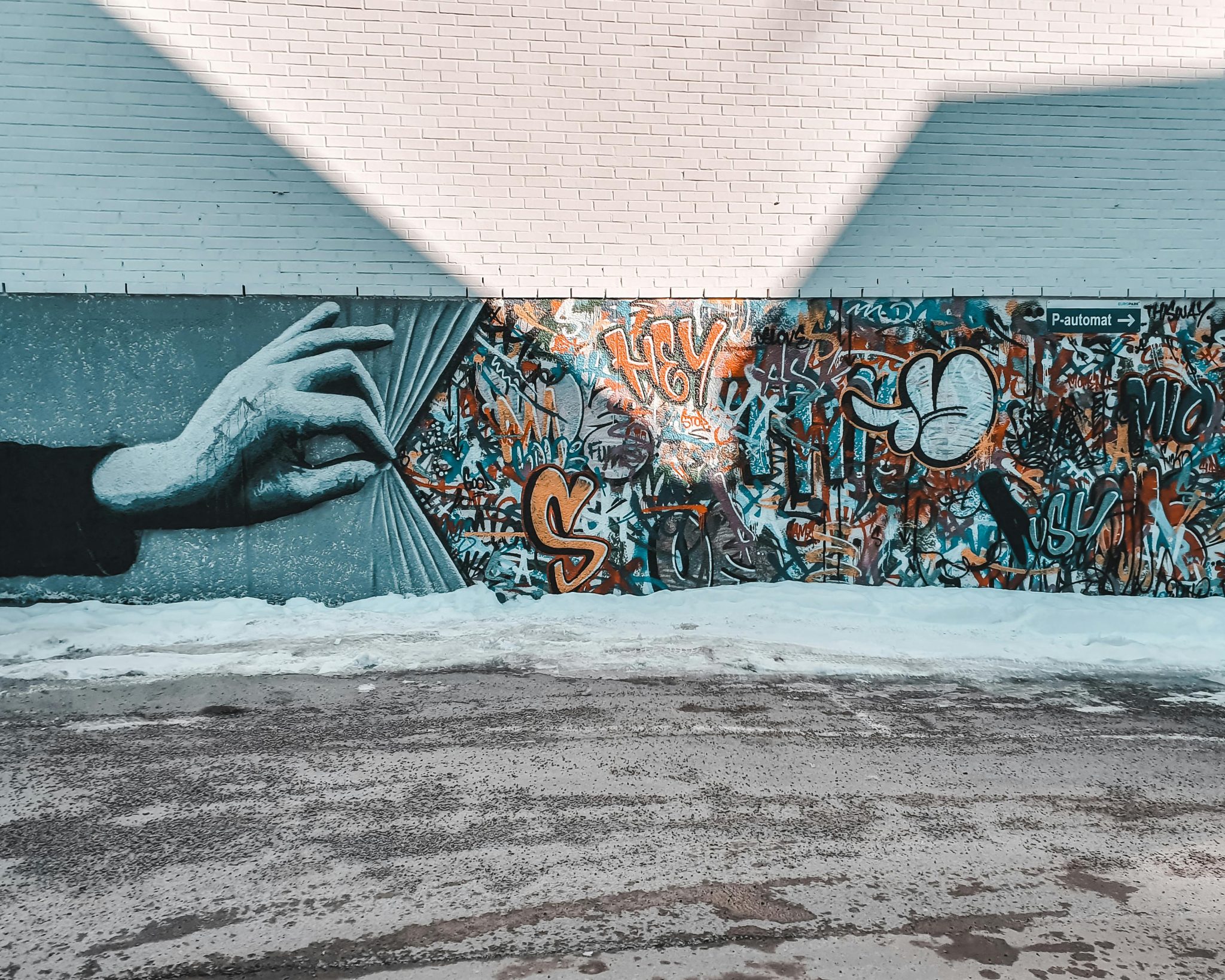The Rise of Queer Cinema in North American Film Festivals – A New Era of Representation

Queer cinema has experienced a transformative surge in popularity at North American film festivals in 2024. As LGBTQ+ stories gain more visibility, these films are not only reshaping the cultural landscape but also pushing the boundaries of representation. Major festivals like the Toronto International Film Festival (TIFF), New York’s Queer Film Festival, and Outfest Los Angeles have become crucial platforms for filmmakers and storytellers from the LGBTQ+ community, marking a significant shift toward inclusion and diversity in the global film industry.
At TIFF, queer films have become a central part of the programming, with several standout titles garnering international attention. This year, films like The Swimmer by Adam Kalderon and All the Colours of the World Are Between Black and White by Guo Ke have captivated audiences with their deep, personal storytelling and exploration of LGBTQ+ identities in complex socio-cultural contexts. TIFF’s growing embrace of queer cinema reflects the broader cultural shift toward inclusivity, where LGBTQ+ stories are no longer marginalized but celebrated for their originality and emotional depth.
Similarly, the New York Queer Film Festival has been a pivotal force in showcasing groundbreaking queer narratives. One notable entry this year was Swan Song by Todd Stephens, which explores themes of self-discovery and identity within the LGBTQ+ community. The festival’s recognition of queer filmmakers not only amplifies the voices of those often overlooked by mainstream cinema but also provides a much-needed platform for narratives that speak directly to LGBTQ+ audiences.
Outfest, one of the largest LGBTQ+ film festivals in the world, continues to draw attention with its diverse slate of films. With an emphasis on both emerging and established queer voices, the festival has become an essential fixture for filmmakers eager to bring authentic queer experiences to the screen. Films like Kiss Me Before It Blows Up and The Last Days of Gilda showcase the diverse cultural backgrounds of queer individuals while tackling universal themes of love, loss, and acceptance.
These festivals play a critical role in changing the way LGBTQ+ identities are portrayed in cinema. Where once queer films were often relegated to niche categories or treated as niche subjects, they are now integral to the narrative of modern cinema. Filmmakers are challenging stereotypes and exploring a variety of queer experiences, from gender fluidity and non-binary identities to queer people of color and transgender narratives.
In addition to pushing for visibility, the increased prominence of queer cinema has also encouraged collaborations between queer filmmakers and other parts of the industry, including commercial studios. This integration is helping queer narratives reach wider audiences and challenging traditional perceptions of what “mainstream” cinema can look like. It’s also helping queer filmmakers access larger budgets and more resources, providing them the opportunity to tell their stories with the depth and richness they deserve.
As queer cinema continues to rise in North America, it stands as a testament to the ongoing fight for LGBTQ+ rights and recognition. Film festivals have become spaces where LGBTQ+ creators can explore and celebrate their identities while challenging audiences to confront their own understanding of gender, sexuality, and human connection. With every new film that takes the stage, the future of queer cinema appears brighter, ensuring that LGBTQ+ voices will continue to resonate for generations to come.


.jpg)



.jpg)
.jpg)
 (1).jpg)
 (1).jpg)
